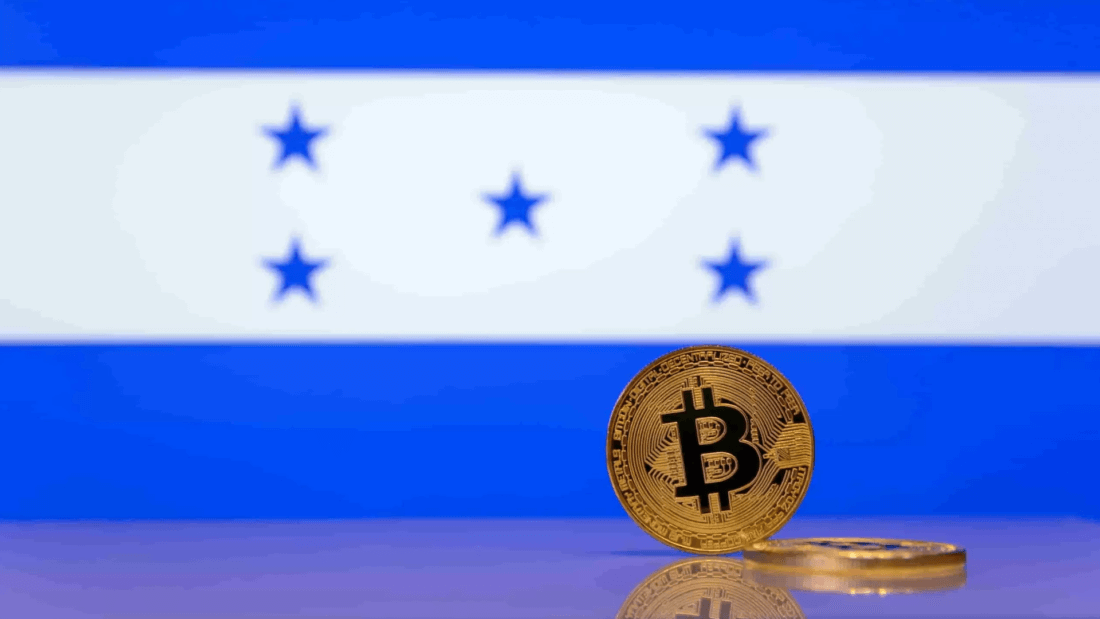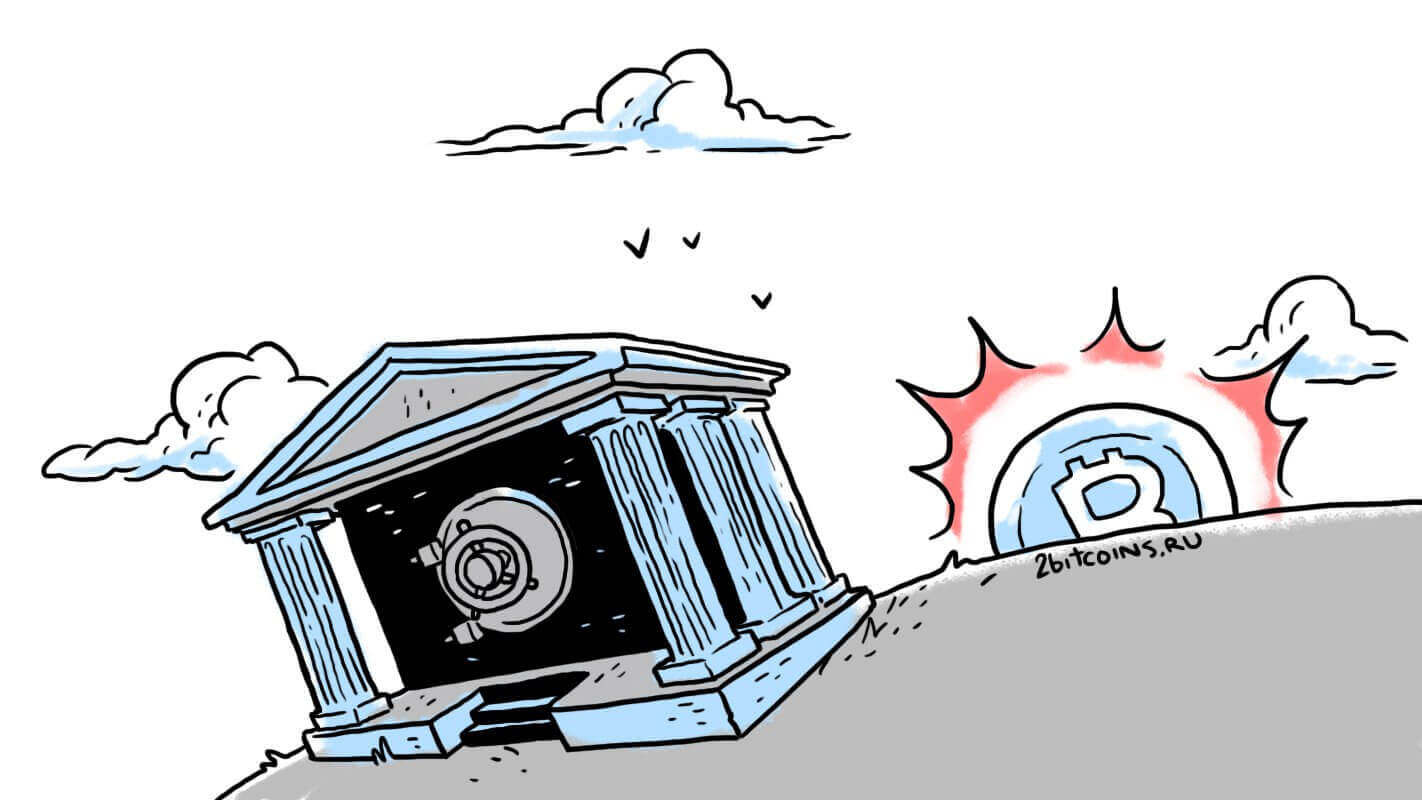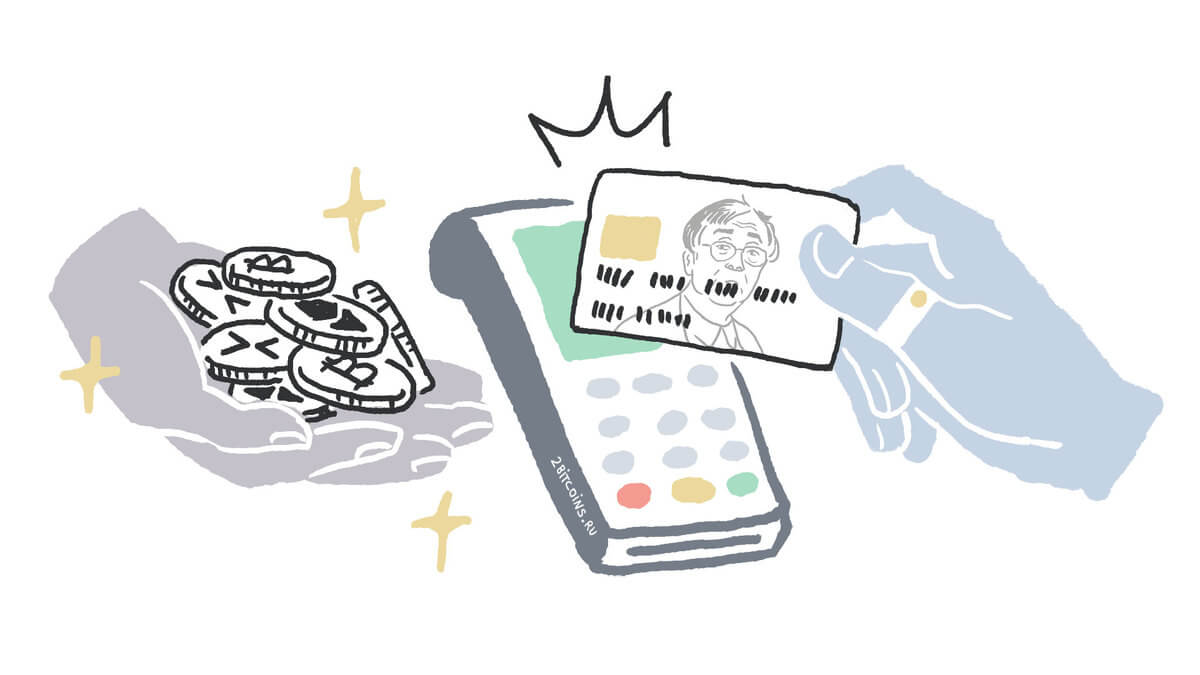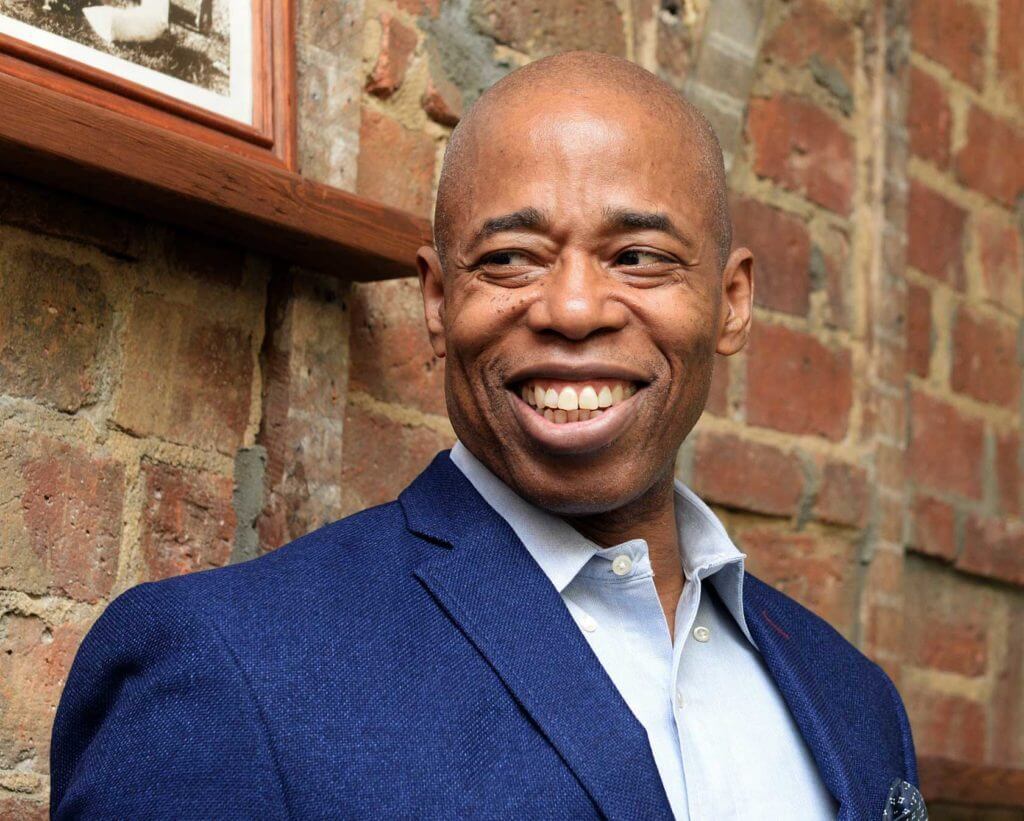Central Bank of Honduras comments on rumours of possible Bitcoin recognition in the country
Yesterday, the Securities and Exchange Commission of Thailand banned the use of cryptocurrency as a means of payment in the country. The reason for this is the usual allegations of risks to the stability of the financial system, as well as the possibility of monetary losses for citizens due to the volatility of digital assets. Things were expected to be different in Honduras, whose president has also expressed support for Bitcoin. However, it appears that there will be no recognition of coins there yet either. We tell you more about the situation.

Let’s start with an explanation. Rumours about the possible recognition of Bitcoin as a full-fledged payment instrument within Honduras appeared on CryptoTwitter last week. In particular, host Max Kaiser posted a flag of the state with the phrase “it’s happening”. And since he has previously engaged with the Salvadoran government regarding the promotion of cryptocurrency within and outside of the country, subscribers have treated his findings as credible.
It’s happening… pic.twitter.com/9RvtblXfoK
– MAX💙🇸 (@maxkeiser) March 18, 2022
On top of that, Honduran President Xiomara Castro said the state wants to “avoid dollar hegemony” with Bitcoin. Her rejoinder has been assessed as exceptionally positive for digital assets. So blockchain enthusiasts really believed that BTC would soon be recognised in the country and even predicted the event for Monday 21 March.
In response, representatives of the Central Bank of Honduras clarified its position on the use of digital assets. Here are its details.
Where Bitcoin is recognised
Representatives of the country’s main bank said that “Bitcoin is not currently regulated in Honduras”. That said, financiers are exploring the prospect of launching a so-called CBDC, i.e. digital national currency.
As a reminder, former NSA employee Edward Snowden is actively opposed to central bank digital currencies. He believes that this kind of money, due to its centralized nature, will become an incredibly effective tool for controlling citizens by the authorities. You can read more about his views in a separate article.
As noted by representatives of the main bank of Honduras, under the country’s constitution it is “the sole issuer of banknotes and coins,” which are considered legal tender in the country. And since bankers have nothing to do with BTC, they have no plans to recognise the cryptocurrency as such.

Banks and cryptocurrencies
Here’s a relevant statement from Central Bank officials, in which they share their perspective on what’s happening. The quote is cited by Cointelegraph.
The Central Bank of Honduras does not control or guarantee the success of cryptocurrency transactions as a means of payment. Any transaction carried out with this asset category is the responsibility and risk of those who carry it out.
Meanwhile, bank officials continue to “conduct conceptual, technical and legal analysis” for the possible launch of a digital national currency in the country. As the Central Bank officials point out, it is CBDC that will be recognised as official tender if properly regulated.
The opposite is the situation in Portsmouth, New Hampshire. The day before mayor Deglan McEachern praised cryptocurrencies and at the same time allowed the use of digital assets to pay for various services for the benefit of the city.

Payment in cryptocurrencies
According to McEachern, there are whole waves of new phenomena that will affect us in the future. And they use technology that also underpins cryptocurrencies. Here’s his rejoinder.
I want to be clear that Portsmouth is not wasting time waiting for this field to affect us in the future because it is already affecting us.
According to the official, the government has already studied a lot of information about cryptocurrencies and blockchain and their possible application “to improve city services”.
It should be noted that cryptocurrencies are also supported by mayors of other American cities. In particular, they include New York City and Miami. New York Mayor Eric Adams announced back in November 2021 that he would receive a salary in Bitcoin, while Miami authorities announced the launch of the city's cryptocurrency last summer.

New York City Mayor Eric Adams
We believe that not recognising Bitcoin and other cryptocurrencies is a fairly typical decision for representatives of major banks in various countries. However, such laws are made without their involvement, so there is still a chance of recognizing BTC as legal tender in Honduras, especially considering the stance of the country's president. Now it's up to state officials to change the situation.
Share your views on the situation in our millionaire cryptochat. There we will talk about other topics related to the world of decentralisation.















